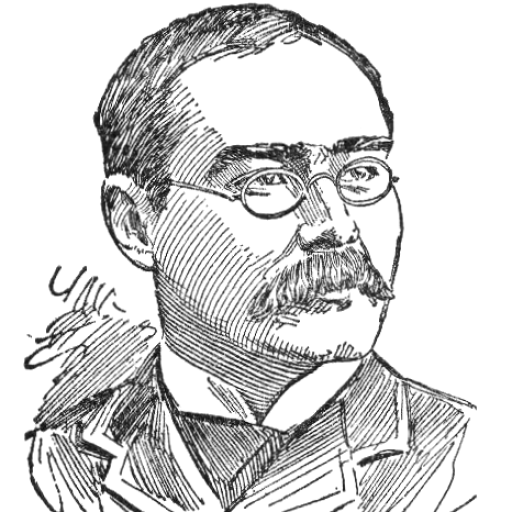Tell him, I too have known …
Passing through the ruins of ancient civilizations such as Egypt, India or China, one finds the ruins of cities built under other cities built under still other cities. Similarly, the great king of this poem, while digging the foundations for his palace, found the remains of a former palace and used them as raw material. His own palace was left unfinished to be used as raw material for some other king’s palace; and it is likely that the other palace became raw material for still another, and so on ad infinitum. As it was ordained for the rose and for the stone to fall, so was it ordained for that great king that he should never complete his greatest work, for reasons that he was not allowed to understand:
“They sent me a Word from the Darkness … They said – “Thy use is fulfilled. “Thy Palace shall stand as that other’s – the spoil of a King who shall build…”
Perhaps this poem does not bring home the theme of the Divine Will as forcefully as ‘The Answer’ and ‘By the Foot of the Wild Goat’, but it has an additional theme: That the only eternity one can hope for is to be remembered and understood by a kindred spirit down the years. Kipling felt the same way about his own work; ‘The Appeal’, the last poem of his collected verse, finishes: “… and for the little, little, span / the dead are borne in mind / seek not to question other than / the books I leave behind…”
The Palace
When I was a King and a Mason - a Master proven and skilled - I cleared me ground for a Palace such as a King should build. I decreed and dug down to my levels. Presently, under the silt, I came on the wreck of a Palace such as a King had built. There was no worth in the fashion - there was no wit in the plan - Hither and thither, aimless, the ruined footings ran - Masonry, brute, mishandled, but carven on every stone: "After me cometh a Builder. Tell him, I too have known." Swift to my use in my trenches, where my well-planned ground-works grew, I tumbled his quoins and his ashlars, and cut and reset them anew. (1) Lime I milled of his marbles; burned it, slacked it, and spread; (2) Taking and leaving at pleasure the gifts of the humble dead. Yet I despised not nor gloried; yet, as we wrenched them apart, I read in the razed foundations the heart of that builder's heart. As he had risen and pleaded, so did I understand The form of the dream he had followed in the face of the thing he had planned. . . . . . . . . . When I was a King and a Mason - in the open noon of my pride, They sent me a Word from the Darkness. They whispered and called me aside. They said - "The end is forbidden." They said - "Thy use is fulfilled. "Thy Palace shall stand as that other's - the spoil of a King who shall build." I called my men from my trenches, my quarries, my wharves, and my sheers. (3) All I had wrought I abandoned to the faith of the faithless years. Only I cut on the timber - only I carved on the stone: "After me cometh a Builder. Tell him, I too have known!"
Notes
[1] ‘Quoins’ – cornerstones; ‘Ashlars’ – squared or smoothed stones for facing a wall.
[2] ‘Slaked’ – mixed with water.
[3] ‘Sheers’ – tripods fitted with pulleys for lifting stones.

